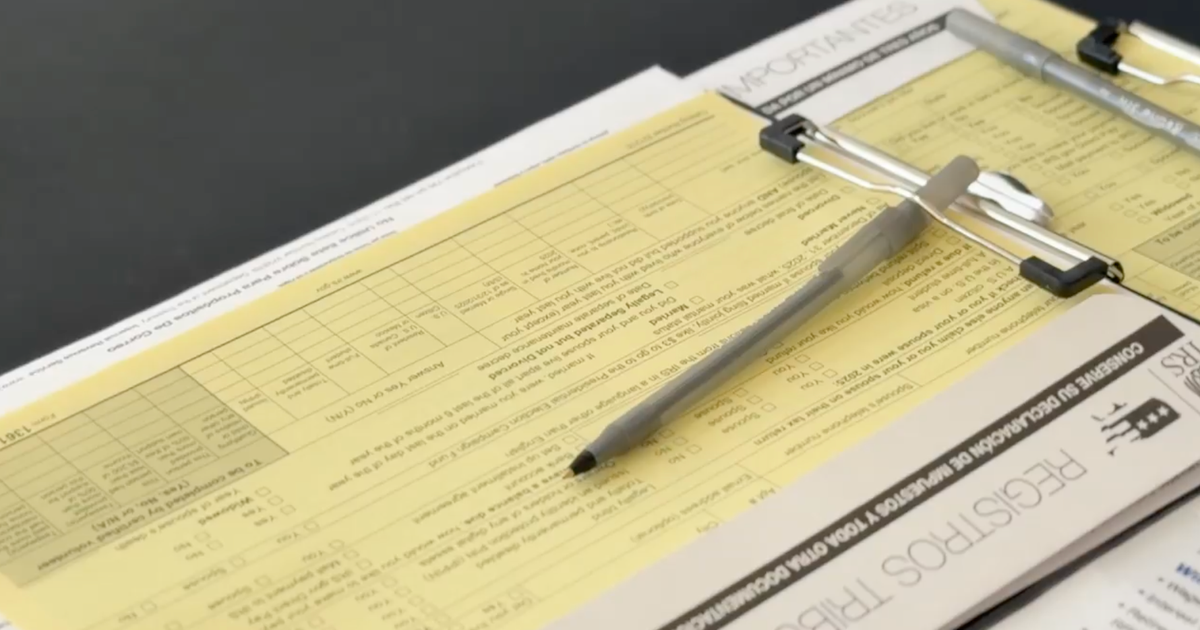Backlog and severe understaffing at IRS portend delays this tax season: "It's a huge headache"
The 2022 tax season crunch has officially begun, and Lori Reed, a small business owner from Fairfax, Virginia, is already at wit's end. "It's a huge headache," she said.
Until just days ago, she was working to remedy an issue with her 2019 taxes, trying to track down a refund check. She and her accountant said calls to reach an IRS agent for help often landed them on hold for hours.
"It's an enormous hassle, and I think when you own a small business and you're trying to keep life running, you have this sort of burden, knowing that there's unfinished business," Reed told CBS News congressional correspondent Scott MacFarlane.
That's because this tax season, the numbers aren't adding up inside the Internal Revenue Service itself. The agency is warning of severe "understaffing."
Deputy Assistant Treasury Secretary Natasha Sarin said the agency is operating with "thousands fewer employees than it needs."
A wave of retirements and budget cuts have hammered the IRS. A report by the National Taxpayer Advocate reveals the IRS received 282 million phone calls from taxpayers last year, but was able to answer only about 11 percent of them.
The report adds: "The lucky ones" who did get through waited an average of 23 minutes on hold.
Sarin said the waits could grow even longer this year, as COVID-19 further limits the number of agents available. "The IRS isn't going to be able to answer as many of those calls as it should be able to," she said. "We know that that's going to be hugely frustrating for taxpayers in a complex filing season in the middle of a pandemic."
The IRS is also still working to dig out from a mountain of other COVID complications and backlogs.
Early in the pandemic, some of the tax processing centers were closed entirely, which stopped the processing of some returns in 2020. And they're trying to catch up using outdated methods.
"When a taxpayer mails in a tax return, the way that that information is inputted, from the IRS' perspective, is someone literally transcribes by hand information from that return into the IRS system," Sarin said. "That's not how any other business in this country is operating. And that's not how the IRS should be operating, either."
There is legislation in Congress to boost funding for the IRS, but IRS legislation is almost always stuck in political debate and gridlock.
In the meantime, the agency advises you to file electronically, use direct deposit, and file early.
See also:



